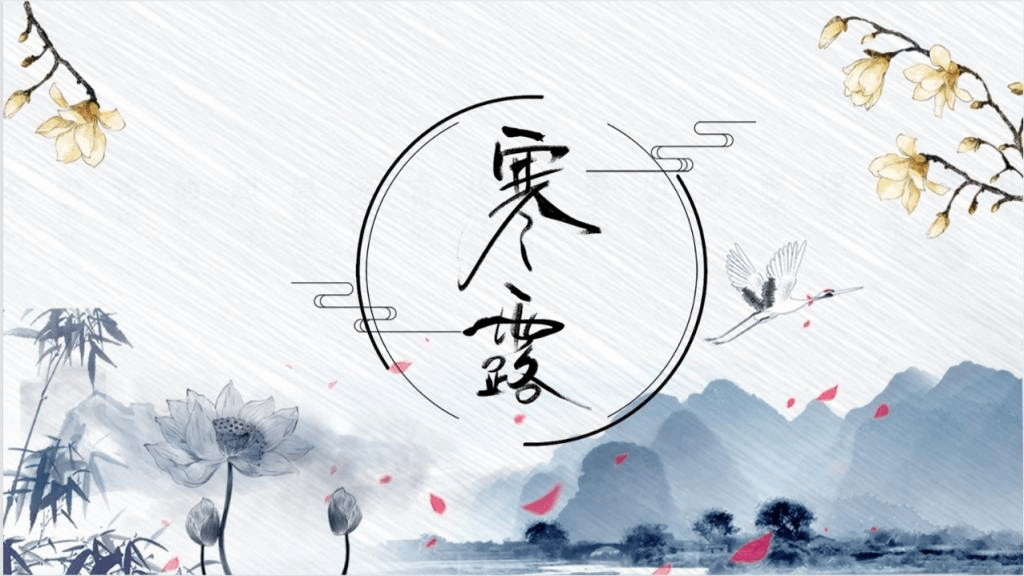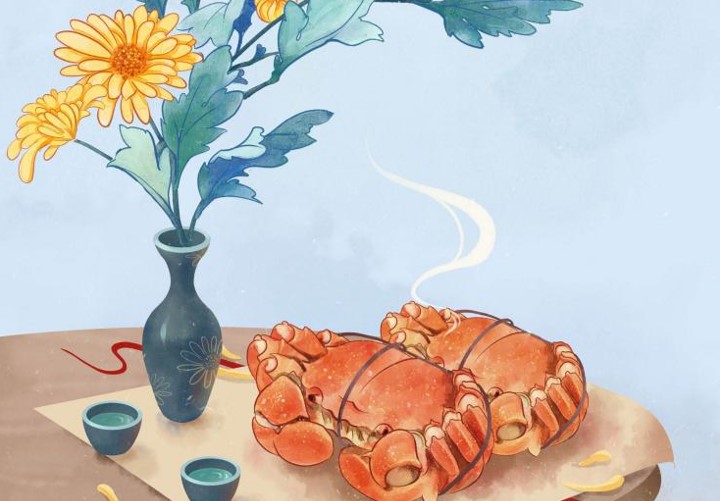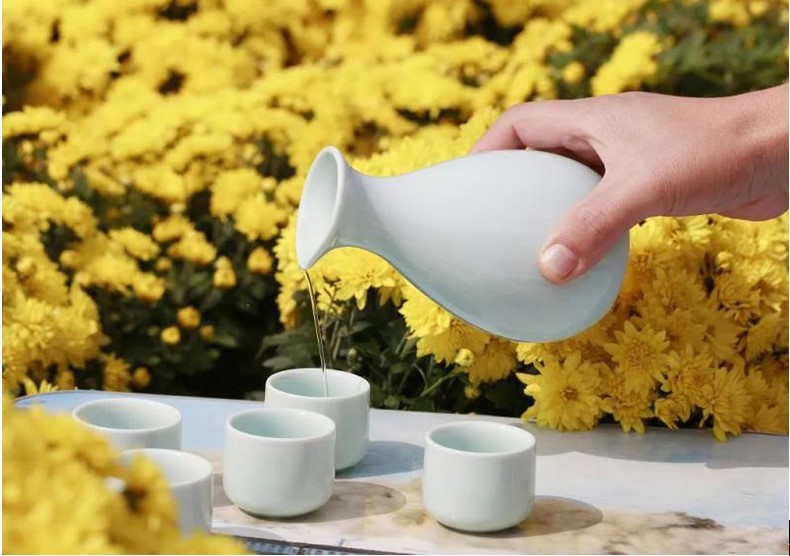Editor's note: The 24 Solar terms are an ancient Chinese calendar used to guide farming. They are the crystallization of the accumulated experience and wisdom of the working people of the Chinese nation. Since ancient China was an agricultural society, people required a strict understanding of the sun’s movement, and farming was conducted entirely according to the sun as well. Therefore, the “24 solar terms”, which reflects the sun’s movement cycle, were added to the calendar as the standard for determining leap months. The 24 solar terms are: Start of Spring, Rain, Awakening of Insects, Spring Equinox, Qingming festival, Grain Rain, Start of Summer, Grain buds, Grain in Ear, Summer Solstice, Minor Heat, Major Heat, Start of Autumn, End of Heat, White Dew, Autumn Equinox, Cold Dew, Frost’s Descent, Start of Winter, Minor Snow, Major Snow, Winter Solstice, Minor Cold and Major Cold. On November 30, 2016, China’s “24 Solar terms” were officially inscribed on UNESCO’s Representative List of intangible Cultural Heritages of Humanity. We have introduced this 24 Solar terms column to bring you a taste of the beauty of traditional Chinese culture.
Around the 8th of October, the seventeenth solar term arrives: “Cold Dew”. Compared with the “White Dew”, the temperature on this day falls rapidly and when the cold air comes, the dewdrops condense and almost become frost. As the sunshine dips, the weather cools down. In northern China, people can witness early signs of winter, while in southern China, the temperature has just begun to fall. At this moment of the year, farmers need to finish sowing or harvesting as quickly as possible in case of a sudden cold front.

Cold Dew
Animals also show new behavior at this time. Geese fly south for the winter and crabs move to shallow water to receive more sunlight. As a result, the Chinese people have developed a tradition of enjoying crab meat during “Cold Dew”, as it is at its best at this time of the year.

Eating crabs
Traditionally, Chinese people attach great importance to eating the proper food at certain times of year in order to maintain good health, as well as maintaining good physical habits. During the “Cold Dew”, with the temperature getting lower and the air getting dryer, people begin taking care of the Yin part of their body instead of the Yang. Given this intention, people usually eat things like sesame to warm up the body and drink beverages like chrysanthemum tea to keep away dryness.

Drinking chrysanthemum tea
The saying goes: “Cold Dew, warm feet.” Aside from changes in diet, people are advised to put on more clothes in order to avoid getting sick. Since the Double Ninth Festival falls around this time, Chinese people also have the tradition of climbing hills to admire the crimson leaves covering the mountain. Before setting off, people usually eat flower cakes, as the characters for “cake” and “high” are homonym when pronounced in Chinese. With this in mind, people eat the cakes while they wish for a better life and a higher social status. As the seventeenth solar term, “Cold Dew” symbolizes the end of autumn and calls on people to get ready for the coming winter.

